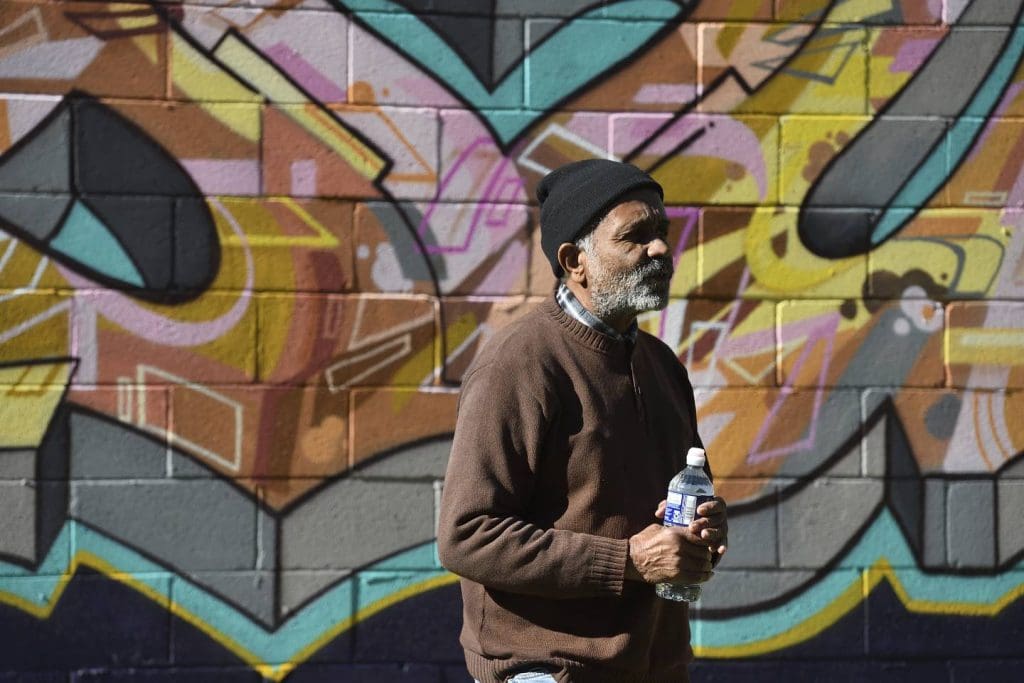Bret McCabe | June 16, 2021

Veteran journalist, poet, and musician John Milton Wesley didn’t know about Juneteenth when he first moved to Baltimore in the late 1970s. During a 2017 celebration to honor Charles Duggar, a longtime Baltimore educator and civil rights activist, Wesley said that although civil rights icon Fannie Lou Hamer was his godmother, “Charlie taught me about Juneteenth.”
Duggar, the 2021-2022 elder-in-residence for the Johns Hopkins Billie Holiday Project for Liberation Arts, says he didn’t learn about Juneteenth himself until after he graduated from Howard University in 1968. He recalls he was already teaching English in Baltimore City by the time he first heard about the remembrance of June 19, 1865, the day Union troops arrived at Galveston, Texas, to inform enslaved people of their freedom—about two months after the Civil War’s end and two and a half years after the Emancipation Proclamation ostensibly freed all enslaved persons.
Duggar saw an echo of enslaved people not knowing they’re free with his own unawareness of this part of Black history. “The thing that struck me the most about it is why didn’t other Black people spread the word far and wide?” he says, and begins a short consideration of how Black people might’ve shared and received information at the time. How does an enslaved person get informed of new laws? Whom might a recently freed person go to with information to share with other Black people?
He’s not questioning if Black people did such things, more thinking through, in this example, how geography, the control of information, and so much else created barriers to basic participation in American society, much less freedom, that he sees paralleled in contemporary disenfranchisement efforts. “There’s an experience of ignorance in terms of what we don’t know that we see now with voter suppression,” Duggar says. “And the education that we receive can reinforce that kind of ignorance to this day.”
Click here to continue reading.
